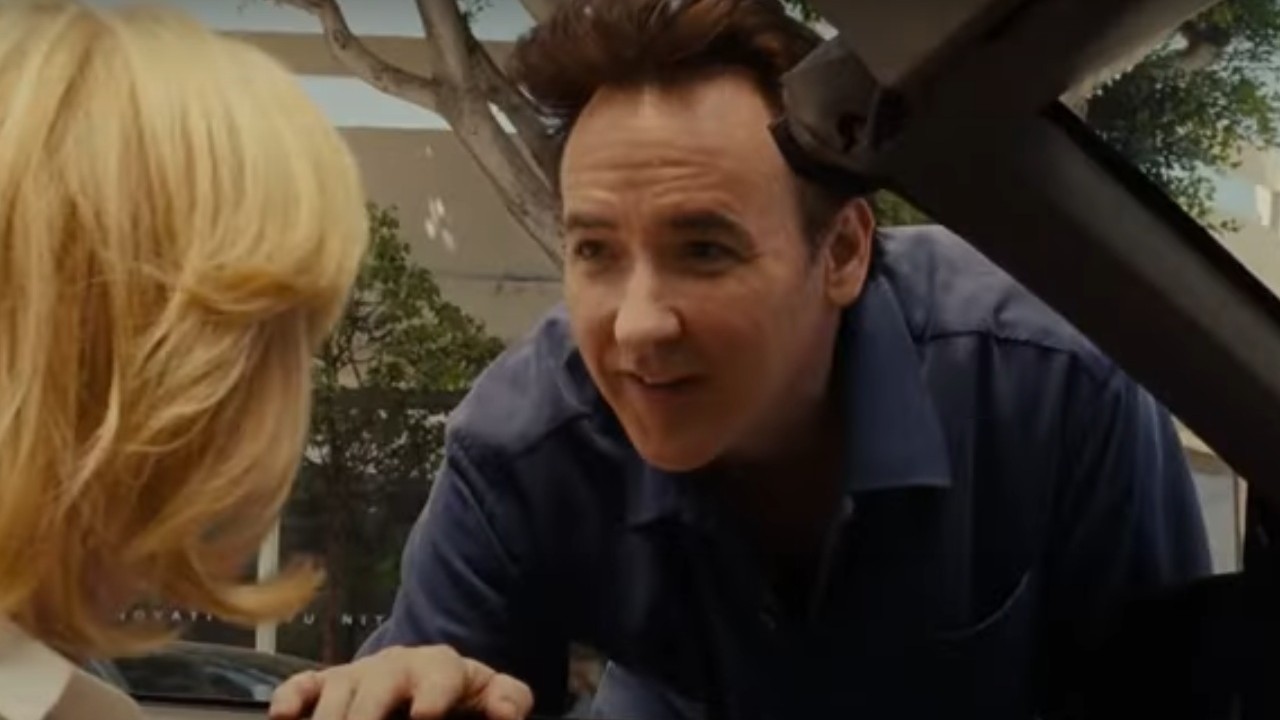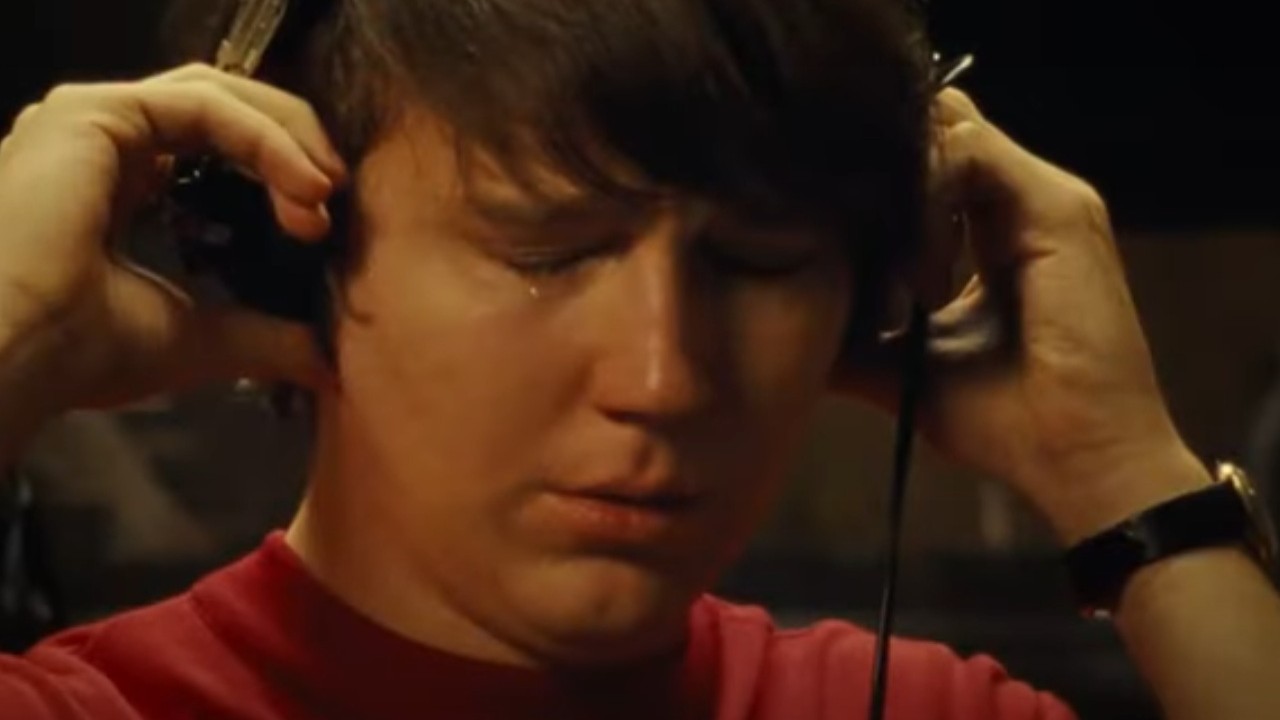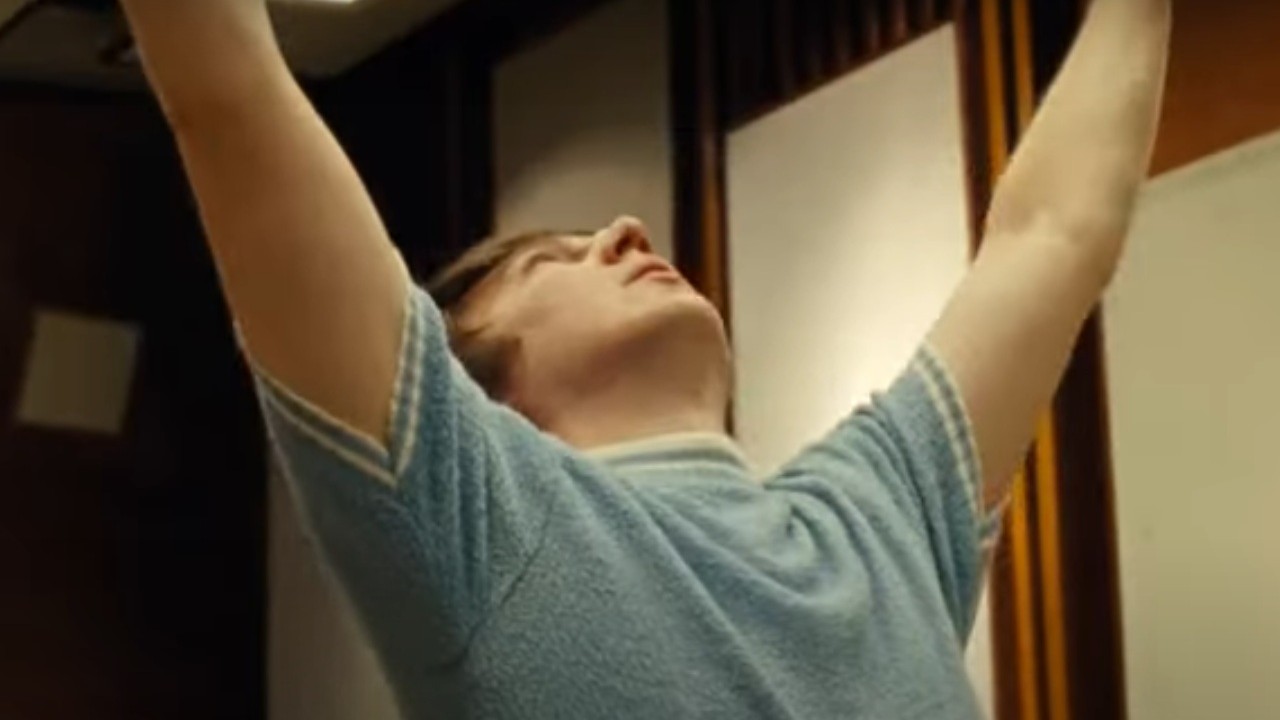The idea of “the tortured artist” is a familiar one. People often think of Van Gogh cutting off his ear, or Hemingway shooting himself as proof that a “true” artist needs to suffer in order to be “a genius.”
While I don’t necessarily agree with that sentiment, I will say that sometimes, suffering does create true art, and Brian Wilson, who unfortunately passed away recently at the age of 82, could be considered both a genius, as well as somebody who suffered. I say this because Wilson had schizoaffective disorder, which he battled for many years.
With his recent passing, which stars like John Cusack and Stephen King recently paid tribute to, I was reminded of one of the greatest music movies of all time, that being Love & Mercy. So, here’s why Wilson’s death makes me remember what a masterful and thoughtful biopic that movie was.
I Always Found The Dual Storytelling Of The Past And The Present To Be Really Effective
I recently wrote about how I wish we got a Steely Dan biopic, but my caveat was that I don’t think Donald Fagen would want people digging into his past or putting it up on a big screen.
I get it. Most people likely wouldn’t be comfortable with a dramatization of their lives knowing that both the good, but also the bad, would be laid bare for all to see. For instance, even though I’m highly anticipating Antoine Fuqua’s Michael Jackson biopic, I honestly don’t know just how in-depth it’s actually going to get, especially when it comes to the more controversial issues in Jackson’s life.
So, it was greatly refreshing to watch a biopic that truly digs deep into Brian Wilson, and not just one period of his life, but two very separate times in the musician’s existence. At one end, we have young, Pet Sounds-era Wilson, played by Paul Dano. In these sections of the film, we see his creative genius at work, but also the mental illness that is slowly creeping into his brain and making him both scared, but also depressed.
As a huge Beach Boys fan, I love seeing moments with Wilson’s brothers, Carl and Dennis (played by Brett Davern and Kenny Wormald, respectively), or his cousin, Mike Love (Jake Abel) just not understanding the creative direction Wilson was taking at the time. Because Pet Sounds is one of my favorite albums, this was all really informative and interesting to me.
However, I also really love the other section of the movie, which sees a much older, highly drugged up version of Wilson, played by John Cusack. In these scenes, we see him with his domineering and controlling therapist and legal guardian, Dr. Eugene Landy (played by Paul Giamatti). By melding these two very important moments in his life together to tell one story, it’s almost like Wilson was two completely different people throughout his life, which is a really interesting approach!

Paul Dano And John Cusack Both Have Brilliant Performances
I just mentioned how the film feels like it’s telling two separate stories, and it does, which is only possible due to the magnificent work of its two leads, Paul Dano and John Cusack.
The Dano sections are of the Brian Wilson that I know. What I mean is, as a huge fan of The Beach Boys of the ‘60s, this young, “genius” form of Wilson is the one that I’m most familiar with.
And, Dano does an excellent job of acting the part. The role requires a great deal of range because it involves both singing, as well as the requisite acting chops to make us believe that Wilson truly was suffering in this period of his life, which leads up to the later sections of the movie where we see a much older Brian.
This is where the film gets interesting, since Cusack doesn’t act anything like the Wilson we see in the past sections of the film. Cuscak’s Wilson is somebody who really isn’t all-there at all, and mostly walks around in a highly-medicated stupor.
It’s this part of his story that I’m unfamiliar with, as I haven’t listened to much of Wilson’s solo work. (But I mean to!) Cusack makes Wilson seem traumatized by the events of what happened in the past, and it’s a unique performance since I can both tell that this is the same person, but I also have to wonder if he’s this way because of his doctor, or because he just suffered so much from his mental illness. Speaking of which…

I Like That It Tackled Brian Wilson’s Mental Illness Thoughtfully And With Tact
We once did an article about 20 honest movies about mental illness. And, while there are a lot of great picks on there, I would like to add Love & Mercy, since the film tackles Wilson’s mental illness thoughtfully and with tact.
While it doesn’t exactly spell out just what mental illness Wilson has, we watch his torment as he hears auditory hallucinations and struggles with trying to make his art, but also the war that is going on in his head, which isn’t helped by his use of drugs, like LSD.
We then see him in a later period of his life, and what mental illness has done to him by the ‘80s. Elizabeth Banks gives a wonderful performance as Wilson’s then-girlfriend-later-wife, Melinda Ledbetter, and she helps get him away from his doctor, who is using his power to be Wilson’s legal guardian.
All of this is woven expertly into the story. Sure, this could have been a musical biopic that simply went into the music itself, but it’s more than just that. It’s about Wilson’s mental struggles, and it does it in a way that is both open and honest.
I’m actually surprised that Wilson was okay with showing himself to be so vulnerable, but I really shouldn’t be, given how vulnerable he always allowed himself to be in his music. Speaking of which…

You Can’t Go Wrong With The Music In This Film
Pet Sounds is easily in my top ten favorite albums of all time, so to have a movie that features music from that album really can’t be beaten.
Plus, I like that we actually get music from both periods of his life (though, primarily, we get the younger Wilson songs). The soundtrack is also quite dynamic, as the music in the film is trying to replicate Wilson’s auditory hallucinations, taking us on a journey through his mind in a way.
This is a fascinating approach, as you get a sense that Wilson’s music was both freeing, but also keeping him in captivity, which is not how I ever viewed The Beach Boys’ music before.
That might be why, even though it’s a musical biopic, I don’t know if I’d consider it one of the greatest, because the story seems like it’s less about the music, and more about what the music is actually doing to the man who is making it.
It’s an approach that I hope to see from other upcoming music biopics as well. However, there’s one last thing that I want to talk about when it comes to this movie.

Seeing Brian Wilson Himself In The End Credits Will Really Hit Differently Now That He’s Gone
I, of course, was sad when I heard that Brian Wilson died, but the first thing I did was go onto YouTube and play the clip of Wilson that is in the end credits of this film, as it features him singing “Love & Mercy,” which is off of his 1988 self-titled album.
When I originally saw the film in the theater, this was the first time I had ever heard this song. I remember buying the Brian Wilson Presents Smile album years prior, so I was familiar with this similar, and yet different sounding Wilson from his later years. But, the look on his face really struck home for me, as he looked like a man who had seen his fair share, but somehow made it out to the other side.
Now that he’s gone, that scene and song hit differently.
It honestly looks like Wilson had spent his whole life searching for love and mercy, not just from others, but also from himself. Whenever I think of Wilson now, I’ll think of this song and scene, and fondly remember all the hours I spent staring up at my ceiling, listening to The Beach Boys.
Rest easy, Brian Wilson.

Leave a Reply